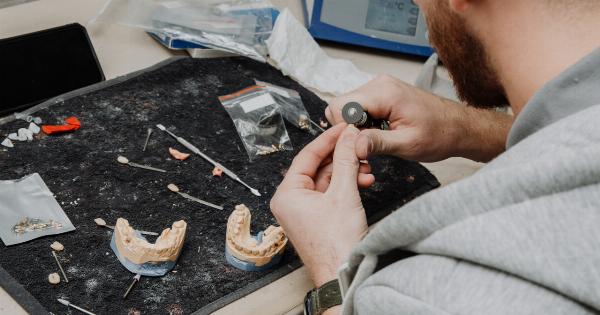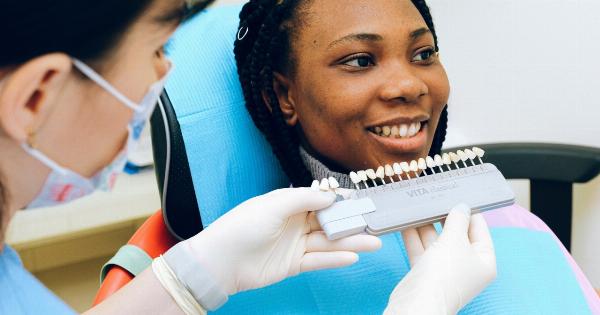During the process of In Vitro Fertilization (IVF), couples may experience a range of emotions as they navigate the various stages of the treatment. There can be joy, hope, excitement, but also anxiety, stress, and confusion.
One of the most critical stages of the process is the fertilization of the eggs with the sperm. This is where embryos are formed, and the success of the entire treatment depends on it.
In this article, we will answer nine essential questions about IVF fertilization to help couples understand the procedure better and achieve the best possible outcome.
1. What is fertilization in IVF?
Fertilization is the process of fusion between the egg and the sperm, resulting in the formation of an embryo that will be implanted in the uterus. In standard IVF, the sperm is mixed with the eggs in a petri dish under controlled laboratory conditions.
The embryologists monitor the fertilization process, which usually takes approximately 16-20 hours. The eggs are checked the following day to determine which ones have fertilized successfully.
2. What is ICSI?
Intracytoplasmic Sperm Injection (ICSI) is a more advanced form of IVF fertilization used when conventional methods fail. In ICSI, a single sperm is injected directly into the egg using a fine needle under high magnification.
This procedure dramatically improves the chances of fertilization, especially in cases of male factor infertility or when few viable sperm are available.
3. How many sperm are needed for fertilization?
In conventional IVF, a minimum of 100,000 motile sperm is required for successful fertilization. However, in ICSI, just one healthy sperm is enough. The embryologist will select the best sperm for injection based on its shape, size, and motility.
In rare cases, sperm may need to be extracted from the testicles or epididymis using a surgical procedure called Testicular Sperm Aspiration (TESA) or Percutaneous Epididymal Sperm Aspiration (PESA).
4. Can all eggs be fertilized?
Not all eggs retrieved during an IVF cycle will be suitable for fertilization. Some may be immature, damaged, or have an abnormal shape. The embryologist will examine the eggs under a microscope to determine their quality and maturity.
If an egg is not suitable for fertilization, it will not survive or develop into an embryo.
5. How long does fertilization take?
The fertilization process usually takes between 16-20 hours. The embryologists will check the eggs the following day to determine which ones have fertilized successfully.
In some cases, fertilization may be delayed or slow, or no fertilization may occur at all. These are known as fertilization failures and can be due to a variety of factors such as low sperm count, poor sperm quality, or abnormal eggs.
6. What is fertilization rate?
The fertilization rate is the percentage of mature eggs that have successfully fertilized. A good fertilization rate is typically between 70-80%.
The rate may vary from cycle to cycle and can be affected by a variety of factors such as age, ovarian reserve, and sperm quality. Low fertilization rates can indicate problems with the quality of the eggs or sperm, or issues with the IVF procedure itself.
7. When is the embryo transfer?
The timing of the embryo transfer depends on the number and quality of embryos and the medical history of the couple. The transfer usually takes place three to six days after fertilization.
The embryologist will select the best quality embryos for transfer based on several factors such as cell division, fragmentation, and morphology. In cases where multiple embryos are available, the couple and the fertility specialist will decide how many embryos to transfer based on their personal preferences and medical history.
8. What is the role of the embryologist in fertilization?
The embryologist is a highly trained professional responsible for monitoring every stage of the IVF process, including fertilization. They ensure that each egg is examined thoroughly and only the best quality sperm is used for fertilization.
The embryologist will also evaluate embryo development and select the best quality embryos for transfer. Their expertise is critical to the success of the IVF treatment.
9. What can couples do to improve IVF fertilization?
Couples can take several steps to maximize their chances of successful fertilization during IVF.
These include following a healthy lifestyle, maintaining a healthy weight, avoiding smoking and excessive alcohol, reducing stress, and taking prescribed fertility medications as directed. They can also discuss their options with their fertility specialist and ask questions about the IVF process to understand what to expect at every stage of the treatment.
Conclusion
Fertilization is a crucial stage of the IVF treatment, and it can have a significant impact on the success of the entire process. Couples must understand the procedure and ask their fertility specialist any questions they have.
By knowing what to expect and taking steps to optimize their chances of success, they can achieve their dream of having a baby.




























